This is how JS works. Everything can be referenced by everything. It is best practise to organise functions into objects. The extend method returns in the end an object.
I recommend you to disallow normal declaration with the esLint rule func-style set to expression.
I put every combination into an example
sap.ui.define([ "...BaseController", "sap/base/Log" ], function( BaseController, Log
) {
"use strict";
// "normal function definition", exists within the outer {}
function normal(){ }
// function expression, exists within the outer {}
const functionExpression = function(){ };
// this is basically: return { onInit : ()=>{}, ... }
return BaseController.extend("controller.Detail", {
onInit: function() {
// constructor call
BaseController.prototype.onInit.apply(this, arguments);
// extend makes sure that 'this' points to the controller
this.objectLiteralWithPointerTofunction.call(this);
// prints 1
console.log(this.objectLiteralWithBasicIntValue);
},
objectLiteralWithBasicIntValue: 1,
// object literal pointing to a function
objectLiteralWithPointerTofunction: function(){
// nested code can access the outer definitions
normal();
functionExpression();
// you can nest as deep as you want
const functionExpression2 = ()=>{};
}
});
});
// you can NOT call anywhere else the nested functions !!!
normal();
functionExpression();
functionExpression2()

